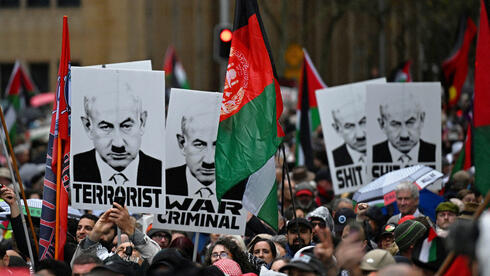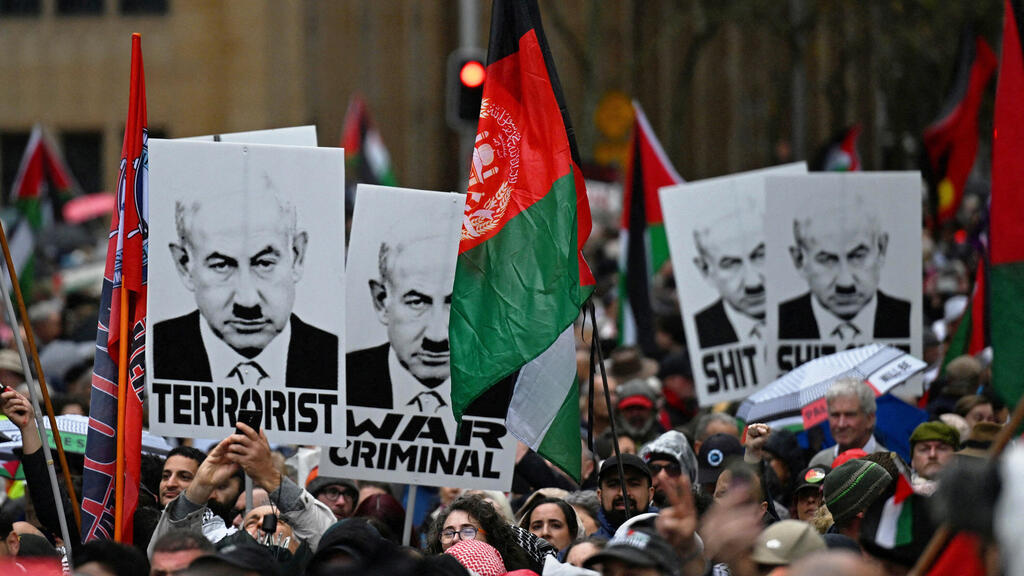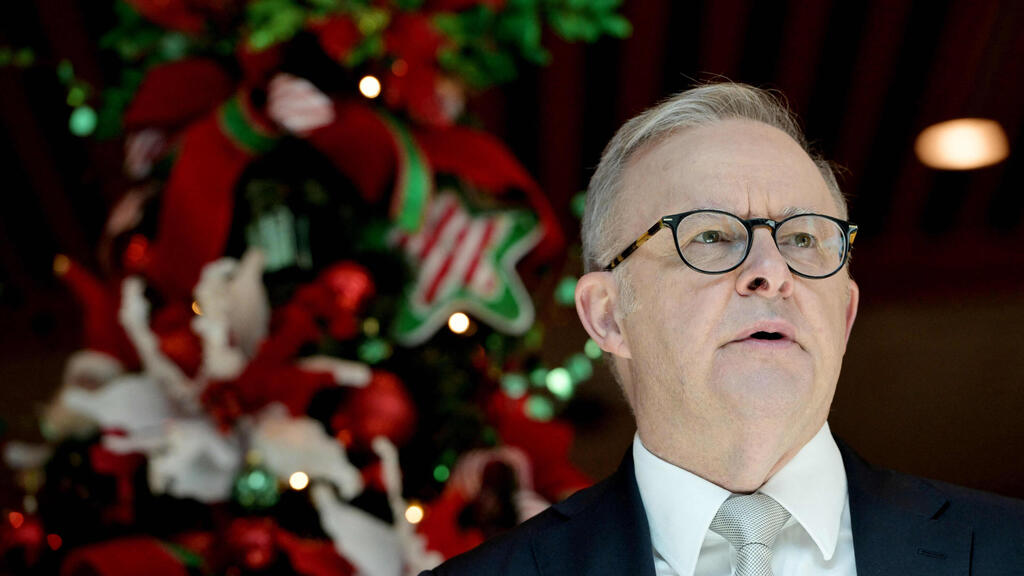Australia, once seen as a symbol of multiculturalism and a haven for Jews and Israelis, has grown increasingly hostile in recent years. Jewish families who arrived as refugees — from the Holocaust, the former Soviet Union, or South Africa — once regarded the continent as a paradise. Today, amid a sharp rise in antisemitic incidents, many no longer feel safe.
An Israeli source familiar with bilateral relations said Australia is not an enemy state, “but it is very critical of us, especially since the war in Gaza. They are shaken by settlement violence, annexation talk and images of hunger. It adds to preexisting criticism and creates strained relations. Things may ease after the war, but real change won’t happen without political turnover in Israel.”
In parts of western Sydney, Israelis describe “danger zones” for Jews. “Going there feels like entering the West Bank,” said Shai Levin, an Israeli living in Bondi. “It’s dangerous if you speak Hebrew or look Jewish.”
Levin, who has lived in Australia since 2013, runs a gardening business while his wife researches biotechnology. He blames the government for exploiting hostility toward Israel. “Hatred of Israel distracts from their failures and secures Muslim support,” he said. “The media amplifies Hamas talking points, and the government rides a wave of hate. It reminds me of my family’s stories before World War II. Even though we think Bibi is part of the problem, we’re considering going back to Israel.”
Nina Wiseman-Levy, a lawyer and researcher at the University of Sydney, said Australia’s historic support for Israel has been broken. “If the Liberals were in power, things would look different,” she said. Albanese and Wong, from Labor’s left, rely on Muslim voters — about a million people — and on backing from the anti-Israel Greens. She recalled photos of a young Albanese posing with a Palestinian flag as evidence of longstanding positions.
Ryvchin argued that while Albanese insists Jewish Australians should not be targeted, the government’s sharp criticism of Israel has unintended consequences. “When they attack Israel, they effectively signal it’s open season on us, because Zionism is central to our identity,” he said.
Meanwhile, pro-Palestinian rallies have featured ISIS and Hezbollah flags, and neo-Nazi marches in Melbourne highlighted police limitations. In some cases, officers even advised Jews to avoid city centers. Wiseman-Levy recalled police telling worshipers at Sydney’s Great Synagogue that they could not guarantee their safety.
Footage of the arson attack on the synagogue in Melbourne
The situation varies by neighborhood. “In South Melbourne, with a big Jewish presence, I feel safe wearing a Star of David,” said Hebrew teacher Shiri Peres. “But in the north, where there’s a large Muslim community, I would avoid it.”
Jeremy Leibler, president of the Zionist Federation of Australia, warned that universities and cultural institutions are becoming flashpoints. “Jewish students report harassment every week, and Jewish artists are being excluded from festivals under pro-Palestinian pressure,” he said.
Leibler also criticized Canberra’s consideration of recognizing a Palestinian state unconditionally. “That policy rewards Hamas and pushes peace further away,” he said, though he added that Rothman’s visa cancellation was driven more by politics than antisemitism.
Despite the tensions, Australia’s Jewish and Israeli community — about 130,000 Jews and 15,000 Israelis — remains strong and organized, with hundreds of synagogues, schools and institutions. Rallies for Israel and the hostages are frequent. “We hold major events against antisemitism and express solidarity with Israel,” Peres said.
Still, cracks have emerged. A small group calling itself the Australian Jewish Council, composed of Jews and Israelis critical of Israel’s policies, has joined pro-Palestinian demonstrations. While marginal, its existence underscores the complexity of Jewish identity in Australia and the sense of alienation some feel from the mainstream narrative.








